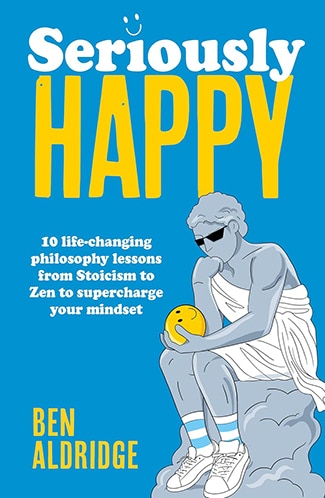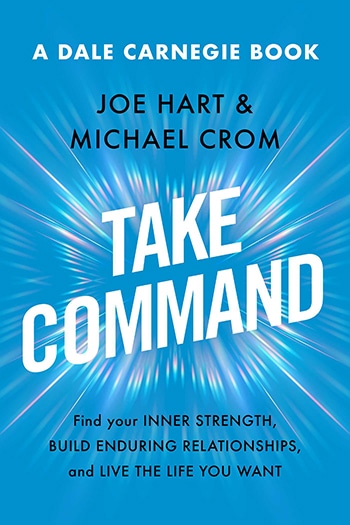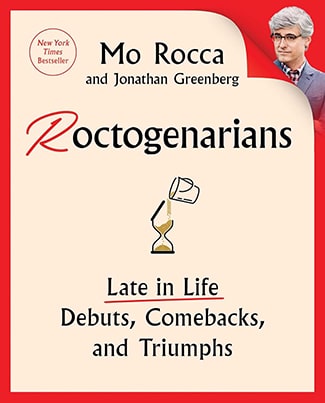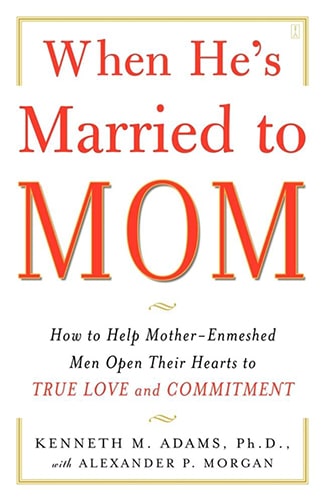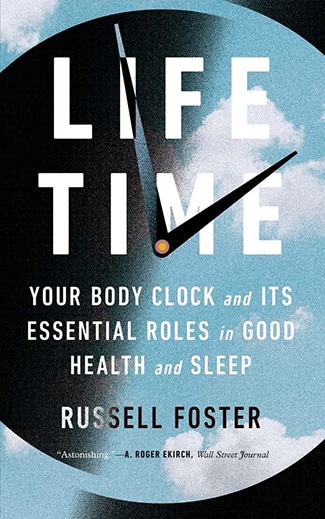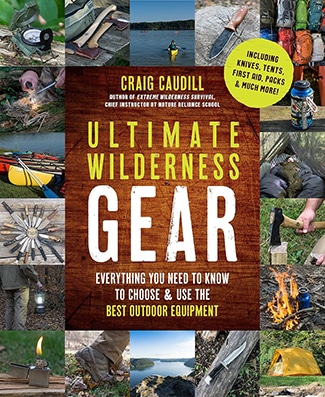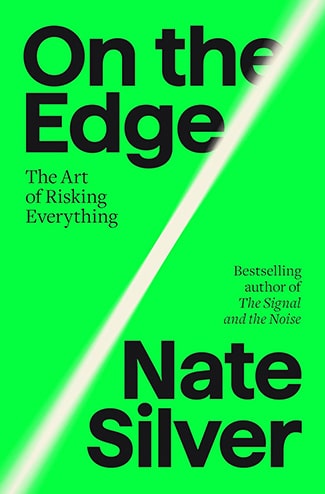Podcast Summary
Outdoor Gear: Practicality vs Natural Skills: Combine practical use of modern equipment with natural skills like building a fire or navigating for a safe and enjoyable camping or backpacking trip.
When it comes to selecting outdoor gear for camping or backpacking trips, it's important to consider both practicality and natural skills. Craig Cottle, an expert in wilderness survival and the director of the Nature Reliance School, emphasizes the importance of staying outside and developing skills, whether it's through primitive methods or modern gear. He recommends understanding the basics of using modern equipment, such as packing a pack effectively or using a lighter, while also learning practical skills like building a fire or navigating with a map and compass. By combining both practical and natural skills, outdoor enthusiasts can have a safe and enjoyable experience in nature. Craig also shares specific recommendations for gear, such as the best kind of knife for an outdoorsman and how to dry wet boots without damaging them. For more information, check out the show notes at awim.is/outdoor-gear.
Outdoor gear purchase: Consider personal experience, budget, and geography when purchasing outdoor gear, especially hiking boots. Focus on finding a comfortable, well-fitting shoe that suits your unique foot shape.
When purchasing outdoor gear, particularly hiking boots, it's crucial to consider personal experience, budget, and geography. Podiatrists recommend focusing on the memory of your feet, meaning finding a shoe that fits comfortably and suits your unique foot shape. Visiting small outdoor shops with knowledgeable staff and trying on shoes in-store, including walking on inclines, can help ensure a proper fit. While recommendations from friends can be helpful, it's essential to prioritize the fit and feel of the shoe over style or brand. Additionally, for lighter activities or day hikes, trail sneakers or regular tennis shoes may be suitable alternatives to traditional hiking boots.
Gear Preparation: Properly prepare hiking gear, especially boots, by letting them get wet and form to your feet before long hikes and drying them out slowly. Consider purchasing lightweight, durable materials for backpacking tents and using separate camp shoes for drying and resting feet.
Proper preparation and gradual breaking-in of hiking gear, particularly boots, is crucial for a successful and comfortable outdoor experience. This includes letting leather boots get wet and form to your feet before long hikes, as well as drying out wet boots slowly without exposing them to direct heat. Additionally, having a separate camp shoe, such as Crocs, can be beneficial for drying and resting feet during longer trips. When purchasing gear, consider the importance of lightweight and durable materials, especially for backpacking tents, while also keeping in mind personal comfort and affordability.
Camping Equipment Care: Properly drying and storing camping equipment, setting it up and taking it down correctly, and making informed decisions based on personal preference and weather conditions can lead to long-lasting use.
Taking proper care of camping equipment, such as tents, can lead to long-lasting use. The speaker shared his experience of using a tent for 25 years before it was lost, emphasizing the importance of drying the tent completely after use and setting it up and taking it down properly. He also mentioned that he prefers the Hubba Hubba two-person tent for its ease of use. Regarding the use of a rain fly, the speaker shared that it depends on personal preference and weather conditions. He also mentioned using a tarp underneath the tent for protection and setting it up as close to the tent as possible to avoid rainwater seeping in. When setting up a tent in the rain, the speaker advised stuffing the tent instead of folding it to preserve the waterproofing layer. The speaker also shared his preference for asymmetrical hammocks for comfortable sleeping and keeping rain off easily. Overall, the importance of taking good care of camping equipment and making informed decisions based on personal preference and weather conditions emerged as key takeaways from the discussion.
Camping Gear Care: Properly caring for camping gear, such as hammocks with tarps and dry storage for sleeping bags, can significantly improve performance and longevity.
Proper care and use of camping gear, specifically hammocks and sleeping bags, can significantly impact their performance and longevity. For hammocks, having a covering with integrated or removable tarps is essential. Companies like Hennessy and Warbon offer great options. As for sleeping bags, it's important to avoid storing them in stuff sacks and instead find a dry place where they can maintain their loft. Down filler is excellent for insulation but can lose its ability to insulate when wet. Synthetic materials, like prime aloft gold, are a good alternative as they continue to insulate when damp. Additionally, leaving a leg out of the sleeping bag can help regulate body temperature if you feel too warm. Proper hydration and ensuring good blood flow are crucial for staying warm in cold weather. Overall, taking proper care of your camping gear and understanding its unique characteristics can enhance your camping experience.
Camping in Cold Weather: Proper clothing, good blood flow, heating methods, appropriate sleeping bag, high-quality sleeping pad, and R value are essential for staying warm while camping in cold weather.
Proper preparation and the right gear are essential for staying warm while camping, especially in cold weather. Wearing loose clothing and ensuring good blood flow, using heating methods like hot water bottles or warmed rocks, choosing an appropriate sleeping bag for the climate, and using a high-quality sleeping pad to insulate from the ground are all crucial elements for maintaining body heat. The R value of a sleeping bag or pad indicates its insulating capacity, with higher R values providing better warmth. A combination of air and foam pads can offer added comfort and protection from the ground.
Sleeping and Water Carrying: Creating a 'butt divot' in the ground improves spine alignment during sleep, and a quality backpacking pillow enhances comfort. Bladders offer easy water access but require cleaning, while bottles and metal cups provide durability and ability to boil water in survival situations. Sawyer Squeeze system is a recommended filtration option for backpackers.
While cots can be useful for glamor camping or providing extra storage, they may not be worth the extra weight for backpacking trips due to the cold air they allow in and potential spinal misalignment. A more effective way to improve sleep on the ground is by creating a "butt divot" in the ground for proper spine alignment. Additionally, investing in a quality backpacking pillow can significantly enhance comfort. When it comes to carrying water, both bottles and bladders have their pros and cons. Bladders offer easy access to water, but require regular cleaning, while bottles and metal cups provide durability and the ability to boil water in survival situations. For water filtration, a Sawyer Squeeze system is a recommended filtration option for backpackers, as it allows for gravity-fed filtration and easy use.
Water filtration vs purification: Filtration removes bacteria and sediment, but for viral contamination, chemical additives like chlorine dioxide or iodine are necessary, following recommended dosages to avoid harm. A reliable cutting tool, like a full tang knife, is essential for outdoor activities, along with a fire starter, fuel source, and oxygen.
When it comes to water filtration and purification in the outdoors, it's essential to understand the differences between the two and choose the right tools for the job. Filtration systems, like pumps, are great for removing bacteria and sediment but fall short when it comes to viruses. For viral contamination, chemical additives like chlorine dioxide or iodine are the best option, but it's crucial to follow the recommended dosage to avoid harm. A fixed blade knife with a full tang is a reliable and long-lasting cutting tool for outdoor activities, while a lighter and backup lighter are essential for starting a fire, along with a fuel source and oxygen. Safety precautions, such as using a stable base and stand for heating devices, are also important to prevent injuries.
Outdoor Gear Preparation: Invest in a reliable fire starter, a well-fitting backpack with waist belt, and pack items close to your core for optimal weight distribution.
When preparing for outdoor activities, having the right gear and knowing how to use it effectively can make a significant difference. Craig Coddle, the author of "Ultimate Wilderness Gear" and chief instructor at Nature Reliance School, emphasizes the importance of having a reliable fire starter, such as accelerant cubes, for damp conditions. He also recommends investing in a well-fitting backpack with a waist belt for carrying heavier loads, and packing items close to your core for optimal weight distribution. For more information, visit Craig's website at naturereliance.org, where you can access his online school, social media channels, and book purchases. Remember, being prepared and knowledgeable can enhance your outdoor experiences and ensure safety.

